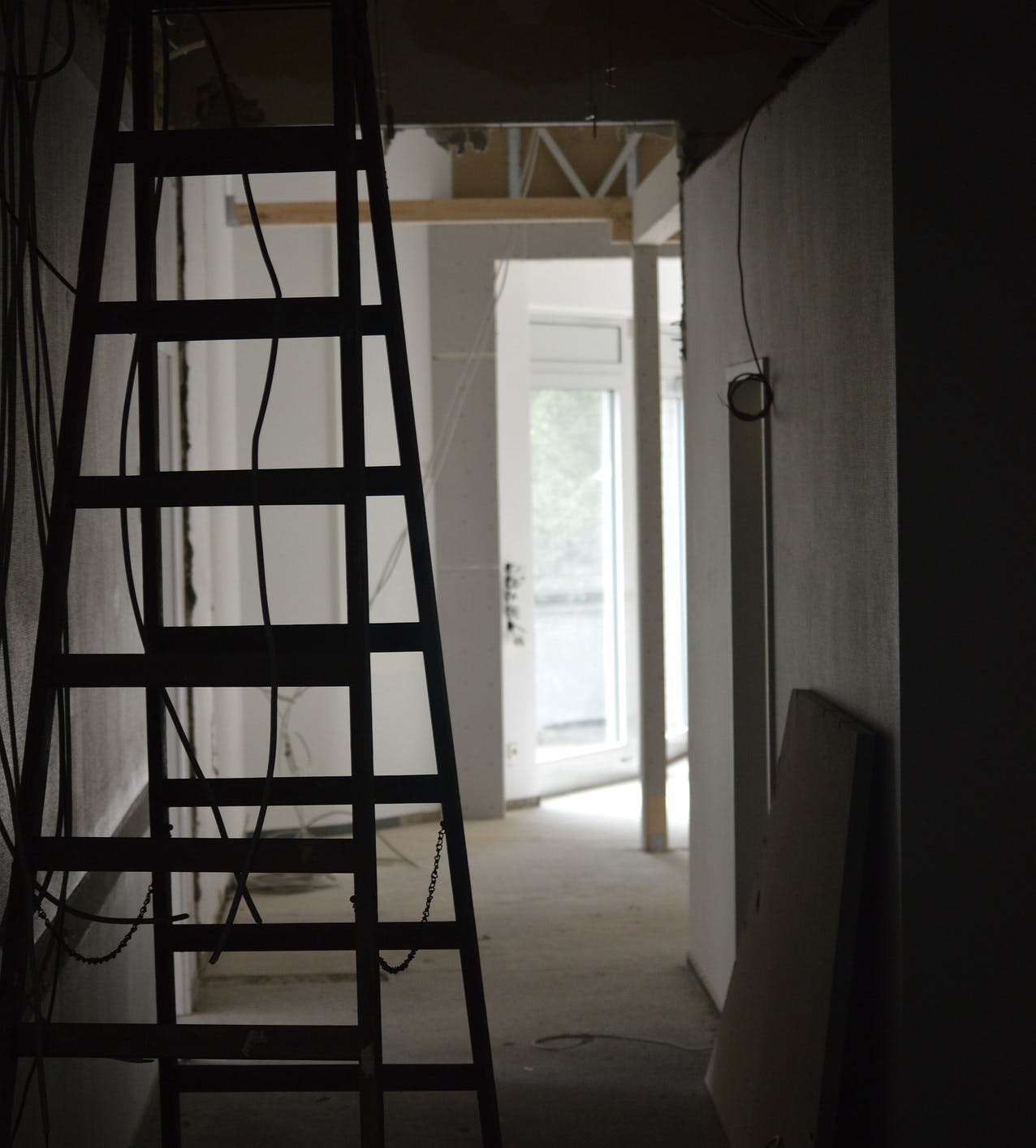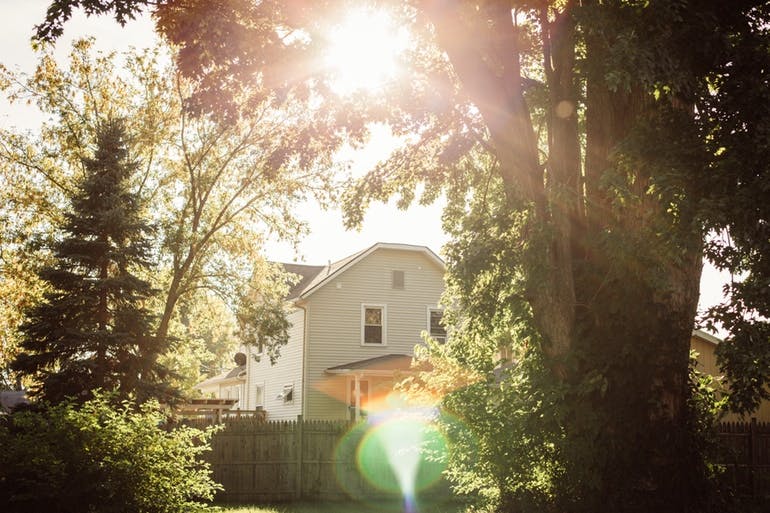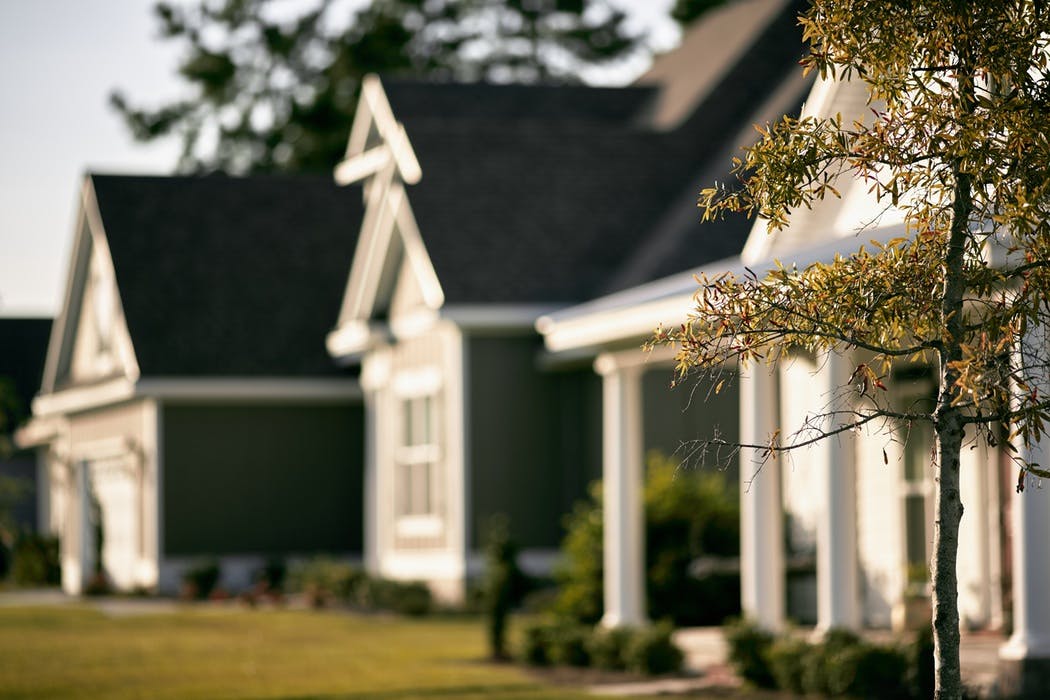Determining if you should buy a new home or fix up your current one isn’t easy. In fact, the decision can be steeped in so much drama they make reality TV shows about it! So if you’re considering whether to move or improve, here are three things to consider.
1. Will a renovation truly fix what you don’t like about your property? If you’re tired of a small kitchen, for example, it might not be possible, given the layout, to make it any bigger. On the other hand, if you’re craving a spacious rec room with a cosy fireplace then a renovation could make that happen. Of course, there are some things you may want that aren’t specific to your house, such as an easier commute or nearby park. Those are features you may only be able to get by moving.
2. How much will a renovation cost? How does that compare to the cost of moving to a new home? It’s important to get accurate estimates of each so you can make a smart decision. Keep in mind that renovations have a habit of costing more than you originally anticipate. As mentioned earlier, the final result should be a home you want to stay in for quite some time.
3. Beware of compromising versus settling. Whichever decision you make — renovate or sell — you can expect to have to make at least some compromises. That’s normal. For example, consider adding an extension to your house. That’s a major renovation. Is it the ideal way to get the extra room you want? Do the benefits of renovating outweigh the benefits of finding a new larger home designed to include the space you need?
Yes, it’s a tough decision. If you’re in the midst of making it, call today, to get the facts you need to make the best choice for you.









There are many reasons why you may need to sell your home quickly: a sudden job relocation; a change in family situation; or perhaps an opportunity to purchase a new home that you just can’t pass up.
Whatever the reason, this strategy will help when you need to sell fast. It’s called the “3 Up” strategy.
· Fix it up.
· Clean it up.
· Spruce it up.
First, you need to fix it up. That simply means getting things repaired around your property, such as a broken floor tile in the kitchen or a sticking patio door that’s difficult to open and close. Maintenance issues like these distract buyers from the appealing qualities of your home. Fortunately, repairs can usually be done quickly.
Second, clean it up. Obviously, when your home is clean and tidy it’s going to look its best. You also want to eliminate as much clutter as possible. You don’t need to make every room look like a magazine cover — but that’s a good attitude to have when prepping your home for a quick sale!
Finally, spruce it up. That means making any quick improvements that are going to make your home even more appealing. It might mean replacing the kitchen counters or giving the main rooms a fresh coat of paint.
Of course, the number one strategy for getting that SOLD sign on your front yard is to select a great REALTOR®.
Looking for a great REALTOR®? Call today.